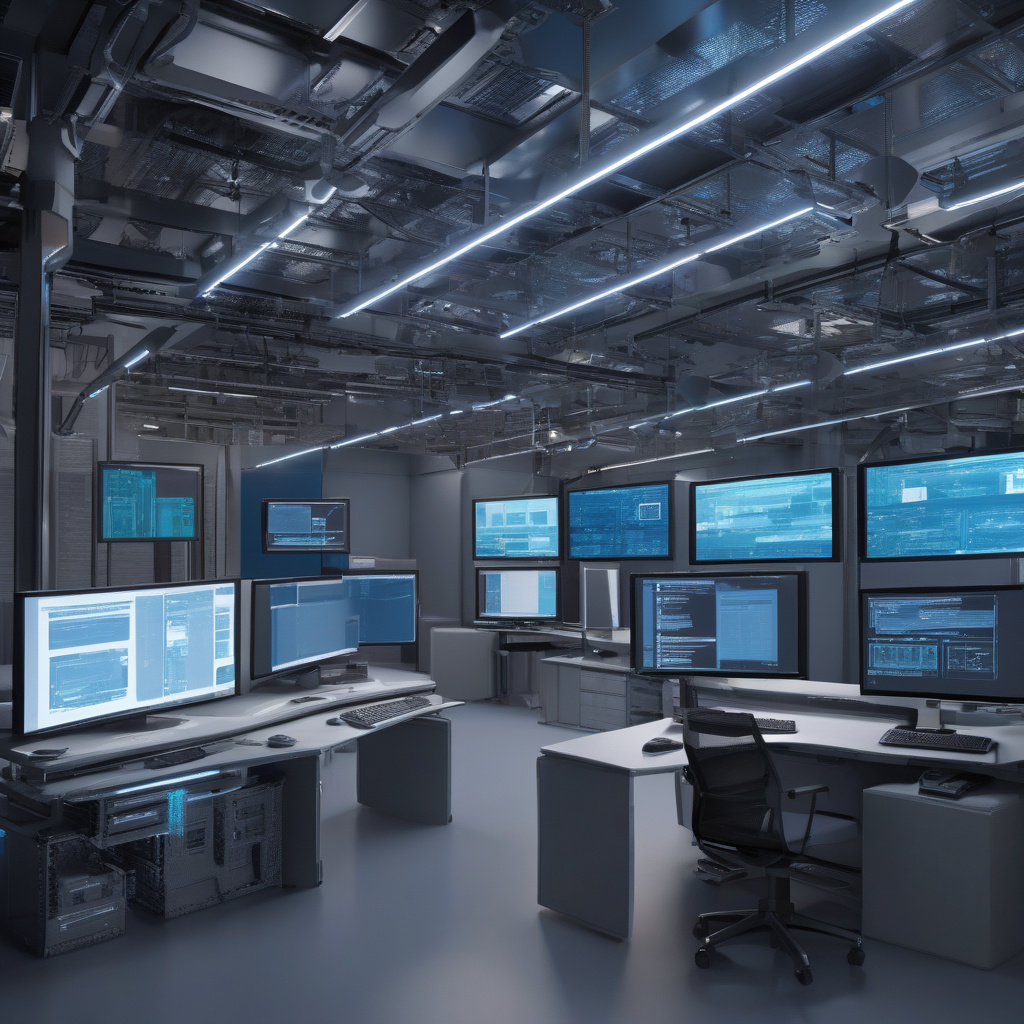Docker Bridges Agents and Containers with New MCP Catalog and Toolkit
In the dynamic landscape of AI-focused tools, Docker has recently unveiled two groundbreaking additions—the Docker MCP Catalog and the Docker MCP Toolkit. These tools have been meticulously crafted to seamlessly merge the realms of agents and containers, offering a unique blend of container-grade security and developer-friendly workflows. This innovative approach aims to cater to agentic applications, fostering a developer-centric ecosystem specifically tailored for Model Context Protocol (MCP) tools.
The Docker MCP Catalog serves as a comprehensive repository, housing a diverse array of resources essential for developers working with agentic applications. From pre-configured container images to specialized libraries and tools, this catalog streamlines the development process and enhances productivity. By offering a centralized hub for MCP-related assets, Docker empowers developers to access the necessary building blocks efficiently, accelerating the pace of innovation in AI development.
Complementing the MCP Catalog, the Docker MCP Toolkit equips developers with a powerful set of tools designed to optimize the deployment and management of agentic applications within containers. This toolkit not only simplifies the integration of agents into containerized environments but also enhances security measures, ensuring a robust foundation for AI-driven solutions. With features tailored to streamline the development lifecycle, the Docker MCP Toolkit emerges as a cornerstone in fostering agility and efficiency in AI application development.
One of the key advantages of Docker’s latest offerings is the seamless integration of agents and containers, bridging two essential components in modern AI development. By facilitating the convergence of these elements, developers can harness the benefits of both worlds, combining the portability and scalability of containers with the intelligence and adaptability of agents. This integration unlocks new possibilities for creating sophisticated AI applications that can dynamically respond to changing environments and requirements.
Moreover, the focus on developer-centric workflows underscores Docker’s commitment to empowering developers in the AI landscape. By providing tools that simplify complex processes and abstract technical intricacies, Docker enables developers to concentrate on innovation and problem-solving, rather than grappling with deployment challenges. This shift towards a more developer-friendly ecosystem paves the way for enhanced collaboration, creativity, and rapid iteration in AI application development.
In essence, Docker’s introduction of the MCP Catalog and Toolkit represents a significant step towards enhancing the capabilities of agentic applications in the AI domain. By offering a cohesive platform for developers to access resources and tools tailored for MCP-based solutions, Docker fosters a community-driven approach to AI development. This not only accelerates the pace of innovation but also cultivates a culture of knowledge-sharing and collaboration among developers, propelling the industry towards new heights of excellence.
As the technological landscape continues to evolve, initiatives like Docker’s MCP Catalog and Toolkit play a pivotal role in shaping the future of AI application development. By bridging the gap between agents and containers, Docker empowers developers to create cutting-edge solutions that harness the full potential of AI technologies. With a relentless focus on security, efficiency, and developer empowerment, Docker sets a new standard for excellence in the realm of agentic applications, driving innovation and progress in the AI ecosystem.
In conclusion, the Docker MCP Catalog and Toolkit stand as testament to Docker’s unwavering commitment to advancing AI development through innovative tools and solutions. By uniting agents and containers in a harmonious ecosystem, Docker propels the industry towards a future where AI applications can thrive with unparalleled security, efficiency, and agility. As developers embrace these tools and explore their capabilities, the possibilities for groundbreaking AI solutions are boundless, ushering in a new era of creativity and advancement in the realm of agentic applications.

